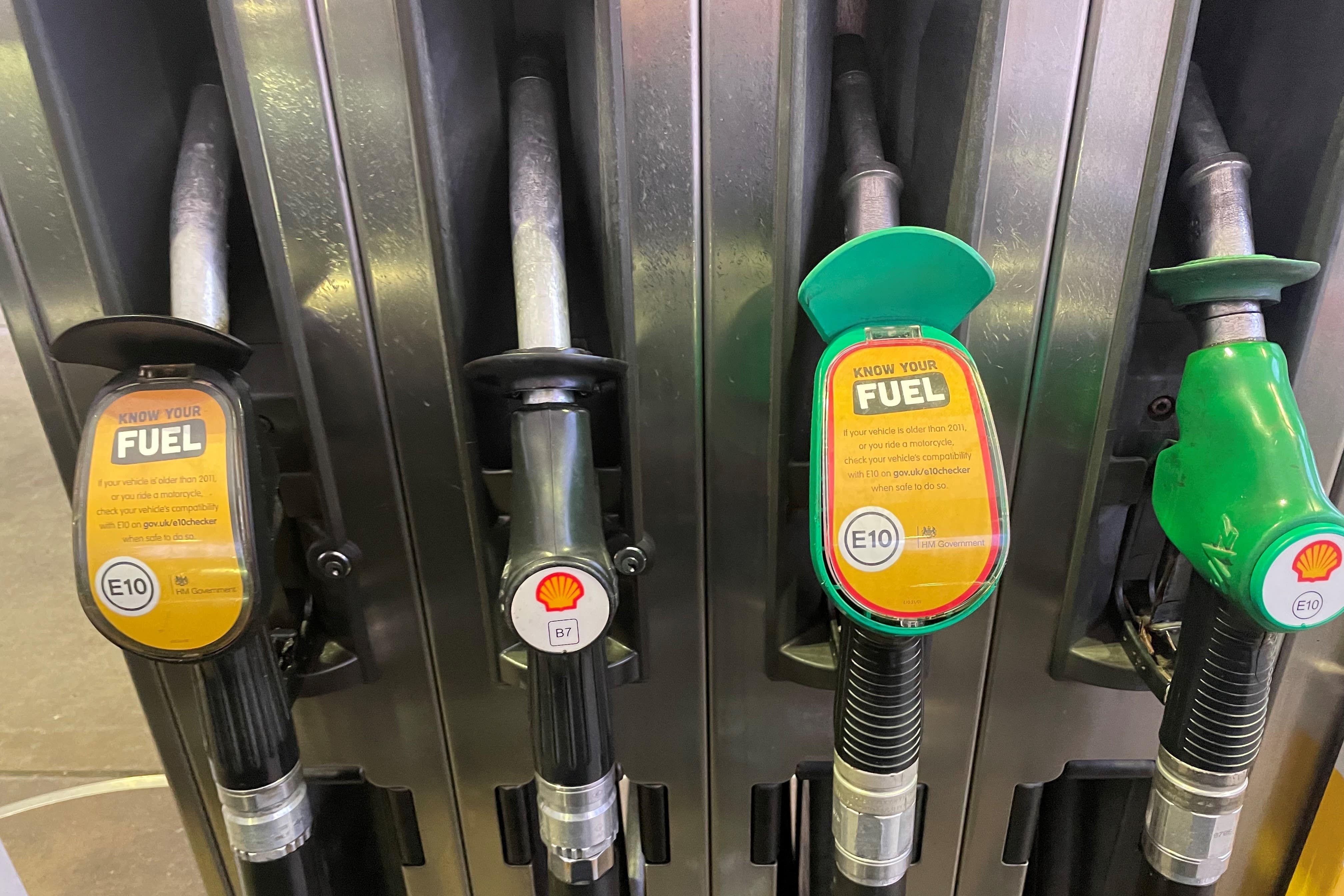Inflation set to ease back further thanks to steep fall in fuel prices
Economists expect official figures will reveal the rate of inflation falling to 10.5% last month from 10.7% in November.

Falling fuel prices are expected to have helped UK inflation ease back again last month as Wednesday’s official figures are set to offer further signs that the peak of the cost of living crisis has passed.
The Office for National Statistics (ONS) is set to show the rate of Consumer Prices Index (CPI) inflation falling to 10.5% last month from 10.7% in November, according to most economists.
It is thought that sharp drops in the prices at petrol pumps is behind the expected decline, which would mark the second month in a row that the rate of inflation has dropped back.
CPI has eased since the eye-watering 41-year high of 11.1% seen in October, when soaring energy bills pushed up the cost of living.
Samuel Tombs at Pantheon Macroeconomics is pencilling in an even greater fall in CPI for December, to 10.3% as he said the figures will “provide more evidence that price rises are slowing”.
He added that there may be some relief in store for households, who have faced sky-high bills for their weekly shop, saying that the report should “bring signs that the surge in food prices is petering out”.
It comes after Britons have been hit by steadily rising inflation throughout 2022 as the cost of living crisis peaked, pushed higher by rocketing energy bills, while essentials have also jumped higher across the board.
For December, we expect the biggest influence to be petrol prices, which declined by close to 5% on the month, against a flat outturn 12 months earlier
Food and drink prices hit 16.4% in November – the highest for 45 years – adding to the strain felt by families across the UK.
Investec economist Philip Shaw said: “For December, we expect the biggest influence to be petrol prices, which declined by close to 5% on the month, against a flat outturn 12 months earlier.
“In addition clothing and footwear prices may also have fallen back as retailers returned to seasonal discounting.
He added: “An important factor will be the behaviour of food prices… We are building in some moderation in annual food price inflation this time, partly on the recovery in sterling but also due to the continuing weakness in wholesale food prices over the past six months, particularly grain costs.”
But experts believe the marked slowdown in the rate of inflation is unlikely to stop the Bank of England from hiking interest rates once more at its February meeting as it looks to rein in wider cost pressures in the economy, with workers still demanding higher wages.
Mr Tombs is forecasting another 50 basis points rise next month, which would take rates from 3.5% to 4%.
He said: “December’s CPI data should enable the MPC (Monetary Policy Committee) to revise down its forecast for CPI inflation materially next month.
“But with year-over-year growth in wages still too rapid, we think it will press on and raise Bank Rate by 50 basis points in February, before standing pat in March, when clearer evidence should have emerged that labour market slack is increasing.”